The Queen City Pride Festival is a big occasion now, but this wasn’t always the case. The Regina Pride Committee is an off-shoot of the Gay and Lesbian Community of Regina (GLCR), which got going in 1972.

“It was basically a group of friends that used to party every weekend at this house,” Jean Hillabold, who is a former GLCR board member, said outside the former Smith Street House location.
The downtown house no longer exists, and a condo complex sits at its former location on the 2200 block of Smith Street.
Hillabold said the windows would be boarded up at the rented house to make sure no one could see inside.
“It was the only place they could go to be themselves. They had to hide and not let people know either their sexual orientation or gender identity,” GLCR manager Cory Oxelgren said.
“When they formed an organization they decided they had to expand beyond a private residence, so this was the start,” Hillabold explained.
That next location was at 2069 Broad Street, behind a larger nightclub.
“That appealed to a lot of people, because if you had to take a taxi home you could pretend you were coming out of the straight place,” Hillabold laughed.
The entrance was around the back of the building, through a non-descript door with only the street number above it. According to Hillabold it was occasionally referred to as “The Back Door”.
After a while the GLCR got to a point where they could afford to buy a building of their own and set up shop at 1422 Scarth Street, and the bar was called Rumours.
“Even if we weren’t happy with the location we were happy that our organization owned property that was really ours,” she said.
“So we couldn’t get kicked out by a landlord.”
This was before sexual identity became protected by the Canadian Human Rights Act in 1993. Hillabold and Oxelgren both knew people who had been evicted from places due to their sexuality, and people could be fired for it too.
Because of this, Regina’s first pride parade in 1990 was preceded by a mask making party. Hillabold said it was the only way to get people to participate since many were fearful of losing their jobs.

Get daily National news
“That was kind of fun, it was like a costume party, but at the same time it acknowledged the fact that we couldn’t be out in public,” she explained.
There were more threats than just financial, physical threats were a reality for the LGBTQ community.
“I knew of a few occasions where people had walked home in the evening from here and got a few blocks away and some people following them, jumped out of their car, and beat them up,” Oxelgren said.
He added that thankfully it’s not cool anymore to round-up a group of people and go beat up gays.
While it was hard to be out in public, the underground nature helped create a welcoming community, and led to many lasting bonds.
“All these things that were underground… they enjoyed themselves because they met sometimes their life partners, and often a lot of these people are still best friends,” Oxelgren explained.
He joined the GLCR board in 1996. At this time the group was looking at making Rumours more open.
“I remember the one board meeting that we had where we were talking about taking the boards off the windows in the front,” he said.
The GLCR wanted to update the look and make it less dingy.
“We had a very long debate on whether we should do that. Should we have bullet proof glass, should we do this, should we do that? Finally a wise person on the board said maybe we should take the boards off, and if something happens then we’ll deal with it,” he said.
Nothing happened, and a few years later the GLCR put a lit awning on the club, but still no sign.
In 1997 the GLCR looked to host the first Pride Week in Regina, and aimed to get a proclamation from the city.
“The first time it was a very quiet meeting with city council,” Hillabold said.
“Some of them were clearly opposed to us, but they didn’t say a lot. The mayor at that time (Douglas Archer) had told us privately that he was in favour of Pride Week.”
She said things were going smoothly, but then the conservative Christian and Muslim communities caught wind of the proclamation push and came to city council.
“Basically they thought what we were asking for was sacrilegious. One of them even said that if city council was going to proclaim Pride Week, then they might as well proclaim pedophiles week and prostitutes week,” Hillabold said.
The week went ahead, but there were more hurdles.
“At that time there was always the question of how to fund the thing,” she said.
“Because we wanted to keep most of the events free.”
The GLCR sold ad space in their pride book mostly to small businesses. Hillabold said most of the business owners were gay or lesbian themselves. At the time she never believed it could be an event that lands major corporate sponsorships.
In 1999 the GLCR moved to its current location on Broad Street and put a rainbow flag on the front entrance so people would know what it was.
Eventually the Pride Committee began a separate entity from the GLCR that had a dedicated board. According to Oxelgren many of the same people served on the committee for the next eight years, but in 2005 they were burned out and said there’d be no Pride.
“We can’t have a year without Pride. So in about two months, and with a $300 budget, we got about 30 people together in two days,” Oxelgren said.
“We cobbled together the best we could, and we had a Pride and had a parade.”
Regina Pride eventually became a separate group again, and the festival is now bigger than ever. Oxelgren said that while people who don’t like the LGBTQ community are in the minority it is still important that the festival continues to grow.
“It’s strength in numbers. If we didn’t do that we could fall back to the old days where we aren’t able to be ourselves,” he said.
On the whole, Regina is a much more tolerant place than it was even 10 years ago for the LGBTQ community.
Q Lounge and Nightclub is the main base for the GLCR, and as far as they know, it’s the only non-profit LGBTQ community centre with a nightclub in Canada and potentially North America.
In addition to the bar, there are meeting rooms where different LGBTQ organizations meet regularly, and it’s still helping people who are coming out.
“For those people who are still uncomfortable, and unsure. When they come here they at least know there’s going to be people that they can relate to and be comfortable with and enjoy themselves,” Oxelgren said.

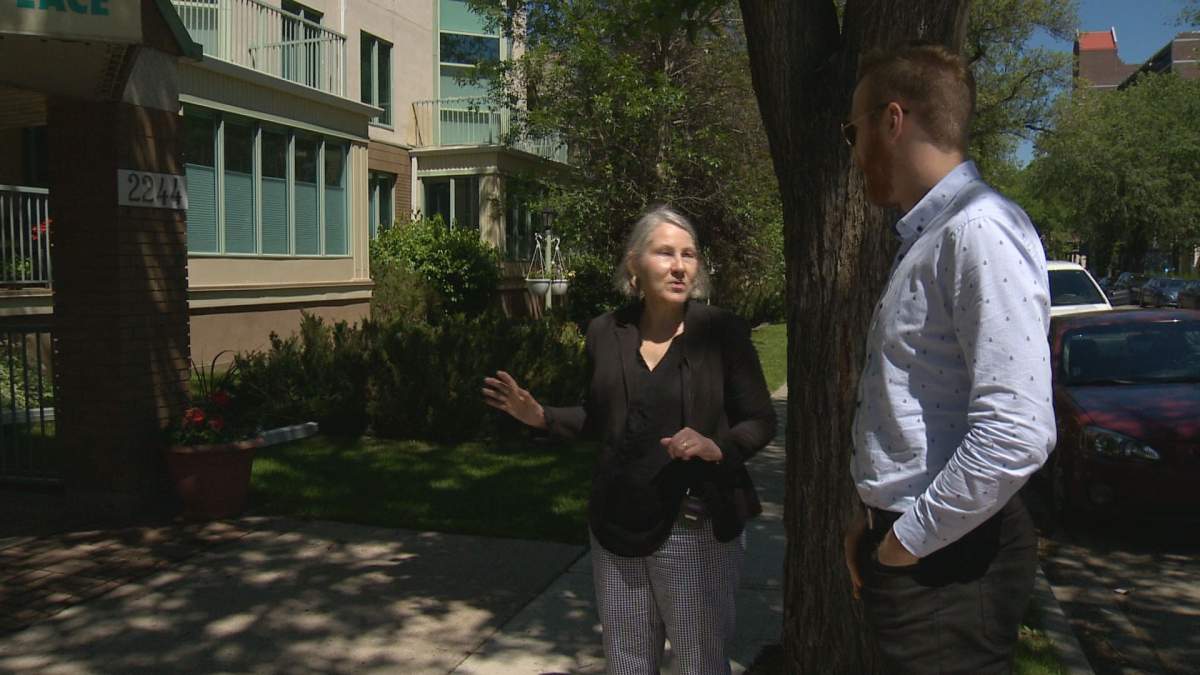
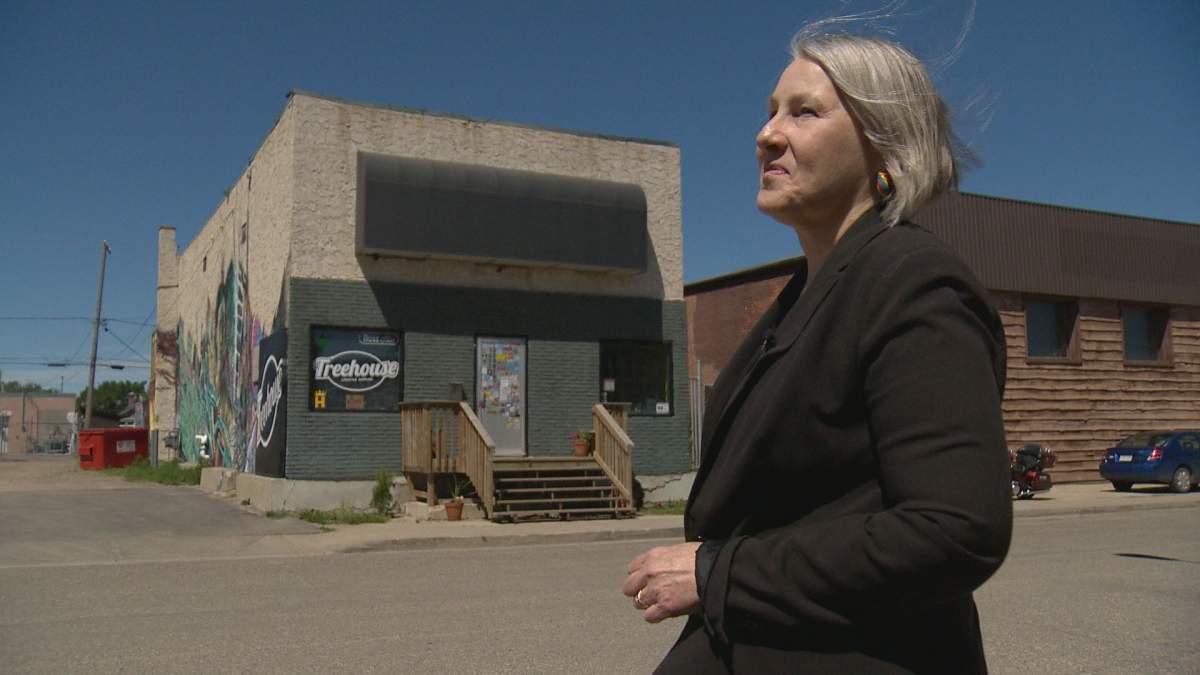




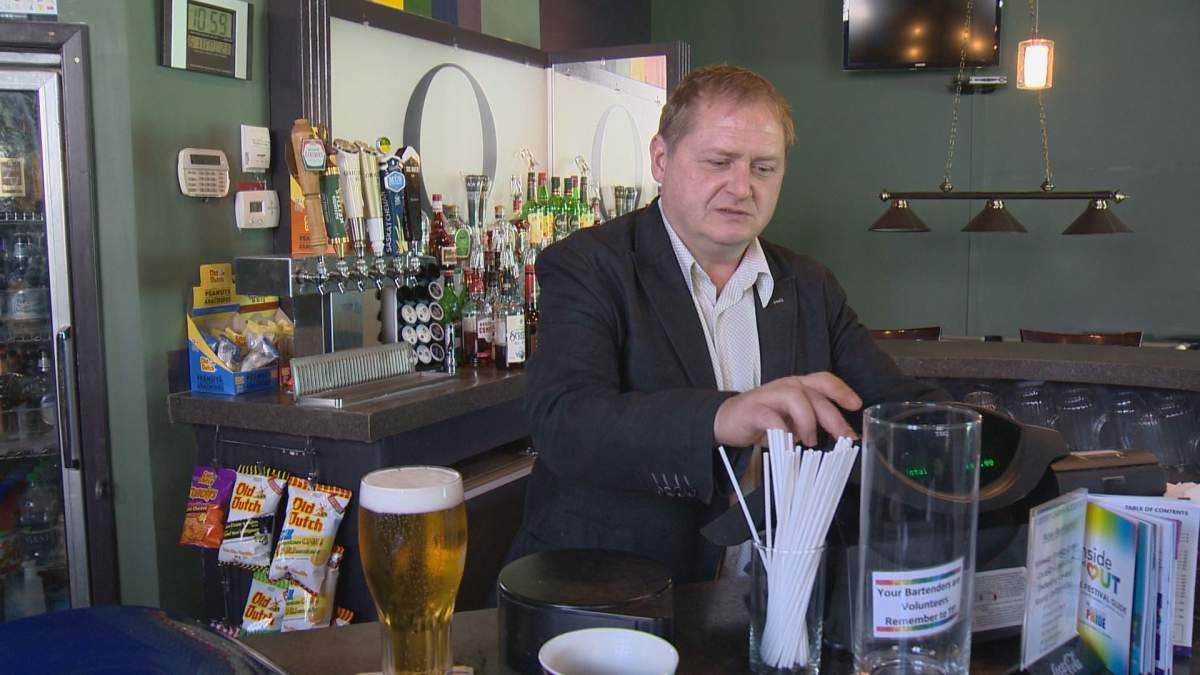
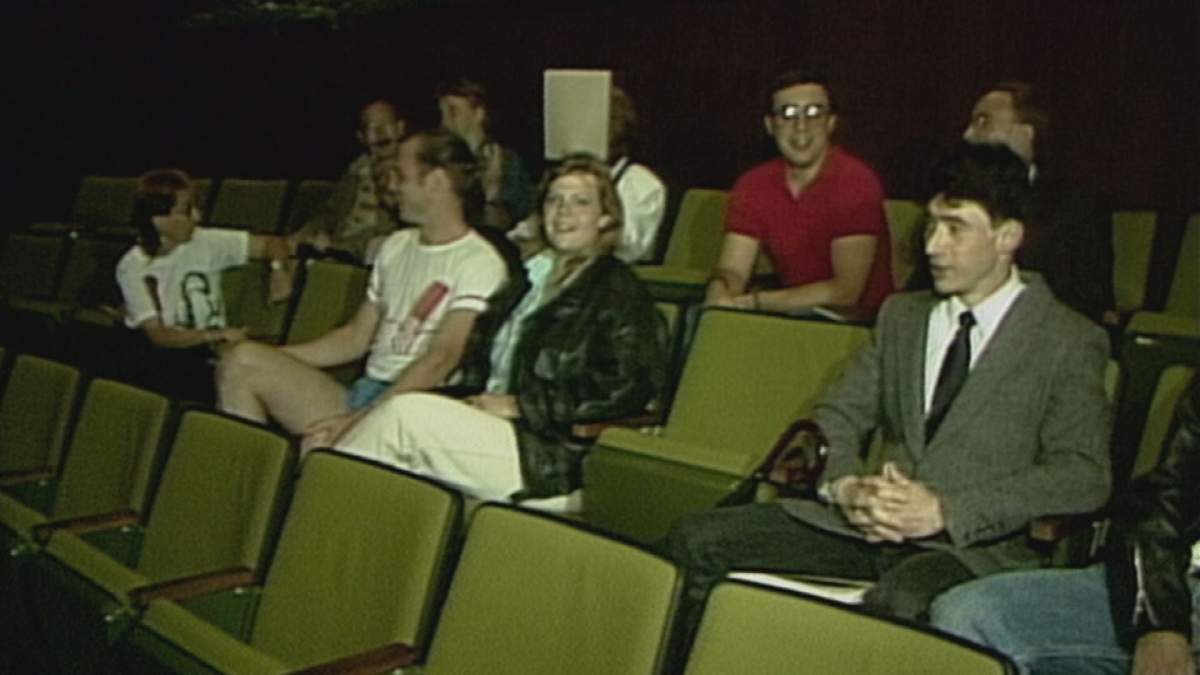


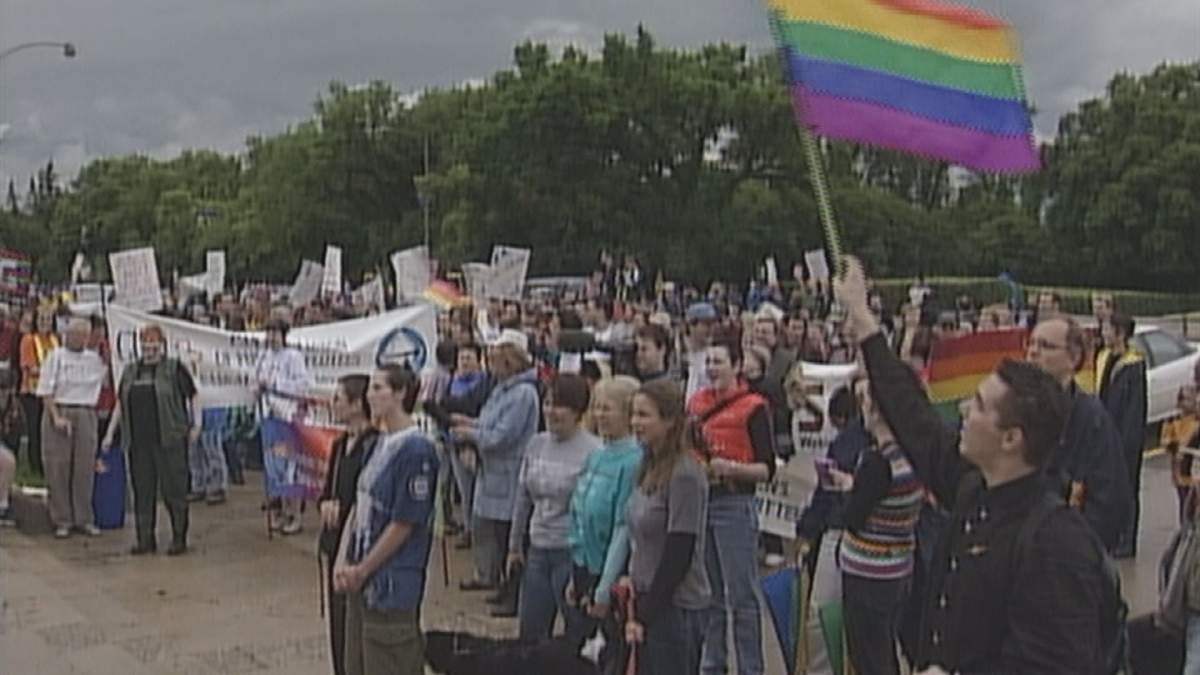
Comments